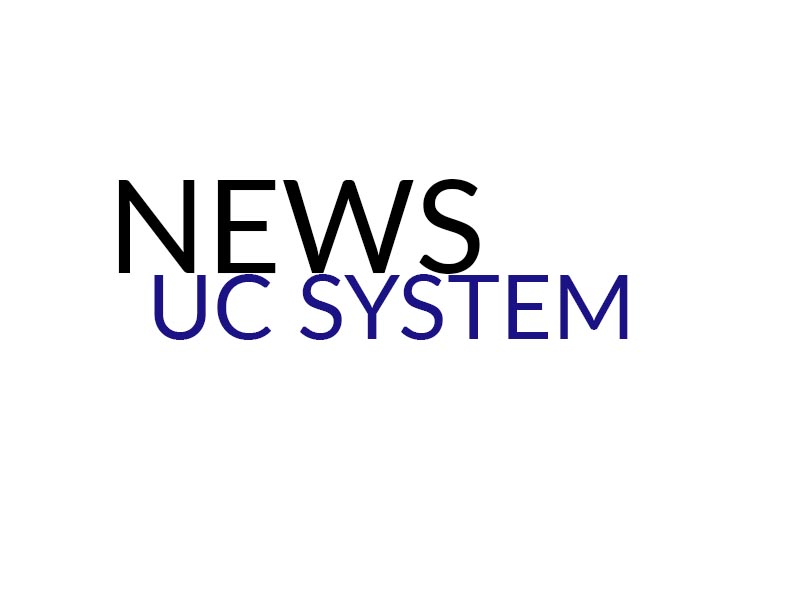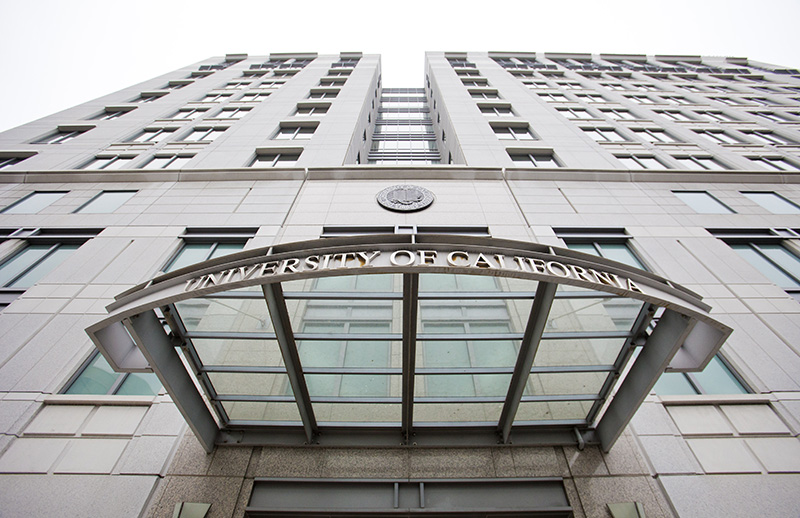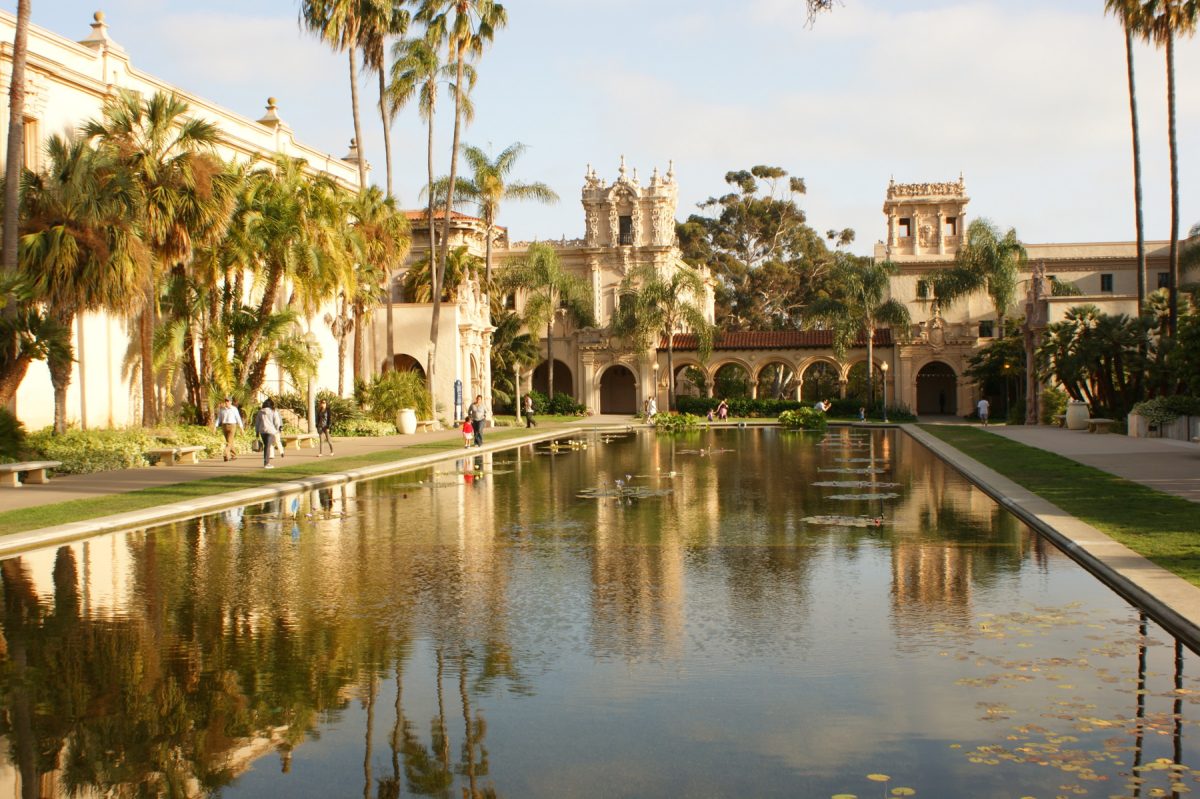The University Council of the American Federation of Teachers and the UC campuses reached a tentative agreement on Feb. 6 that, once ratified, will provide annual salary increases, among other benefits, to more than 3,000 UC lecturers.
The four-year agreement includes a 6.2 percent increase in salary over the next six months and 2.5 percent increases in July of 2017 and 2018, while providing new protections for lecturers during their first six years and faculty who are teaching online courses. The arrangement also introduces improved retirement benefits for those who work less than 50 percent of the time, a new mentoring process and clearer guidelines for getting and keeping their appointments.
UC-AFT Chief Negotiator Benjamin Harder told the UCSD Guardian that UC-AFT and the UC campuses, after bargaining for nearly a year, were able to acquire additional pensions for those restricted from social security.
“We have been bargaining since March of 2015 and hoped to ensure that all lecturers at [the University of California] would participate in retirement programs that include money from the employer,” Harder said. “As it is, lecturers who work less than half-time are not even eligible to have their wages count for social security and we were able to settle for special payments to some lecturers who are barred from social security.”
It is only after a lecturer’s sixth year of appointment that they receive an excellence review to determine continued employment. However, the L.A. Times reported that UCLA and UCSD have a higher turnover of lecturers compared to the other campuses. President of the UC-AFT Robert Samuels thinks that this is because the campuses do not want to hire lecturers for an extended period of time.
“UCSD has employed many lecturers, but very few get to their sixth year where they gain job security,” Samuels told the Guardian. “We believe UCSD does not want to give many lecturers continuing appointments so they only keep them for a few years. Some departments also do not want to spend the time reviewing lecturers, so they never review them.”
Harder postulates that the higher turnover may be because hiring untenured lecturers is more economical and that both UC-AFT and UCOP are investigating this issue.
“Some administrators may prefer to appoint less experienced short-time teachers, who have little connection to the campus, because such instructors are less expensive,” Harder said. “We aren’t sure what is going on, but along with the campus and [UCOP], we are forming a working group to take a look at UCSD’s hiring practices.”
Along with the investigative group, the contract included a clause requiring a mentoring meeting for lecturers during their third year of appointment that determines a lecturer’s competence. UC-AFT San Diego President Stephen Potts believes that this would force the university to assess a faculty member’s skill prior to dismissing them.
“People have been getting up to the fourth and fifth year and suddenly told they’re not going to be rehired with no reasons given,” Potts said. “The mentoring is something that was actually a compromise, put there in place of a third-year review, and it forces the department to have some sort of record of the lecturers’ abilities before they get to that fourth or fifth year where many of them are let go.”
Potts explained that the contract will be beneficial for both the university and the lecturers.
“There are advantages for both sides in having a labor contract,” Potts said. “From the university’s standpoint, it’s good to have labor peace and a dependable workforce, and the lecturers get some sort of stability.”
Potts added that the contract will not be debated upon until the agreement expires and that the UC-AFT will continue supporting the workers that they represent.
“In the end, the UC-AFT didn’t get everything it wanted and I’m sure the university was forced to accept things they would rather not have accepted,” Potts said. “Fortunately for both sides, the contract isn’t going to be negotiated again in another three or four years, which is generally when bargaining takes place.”







